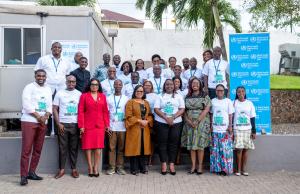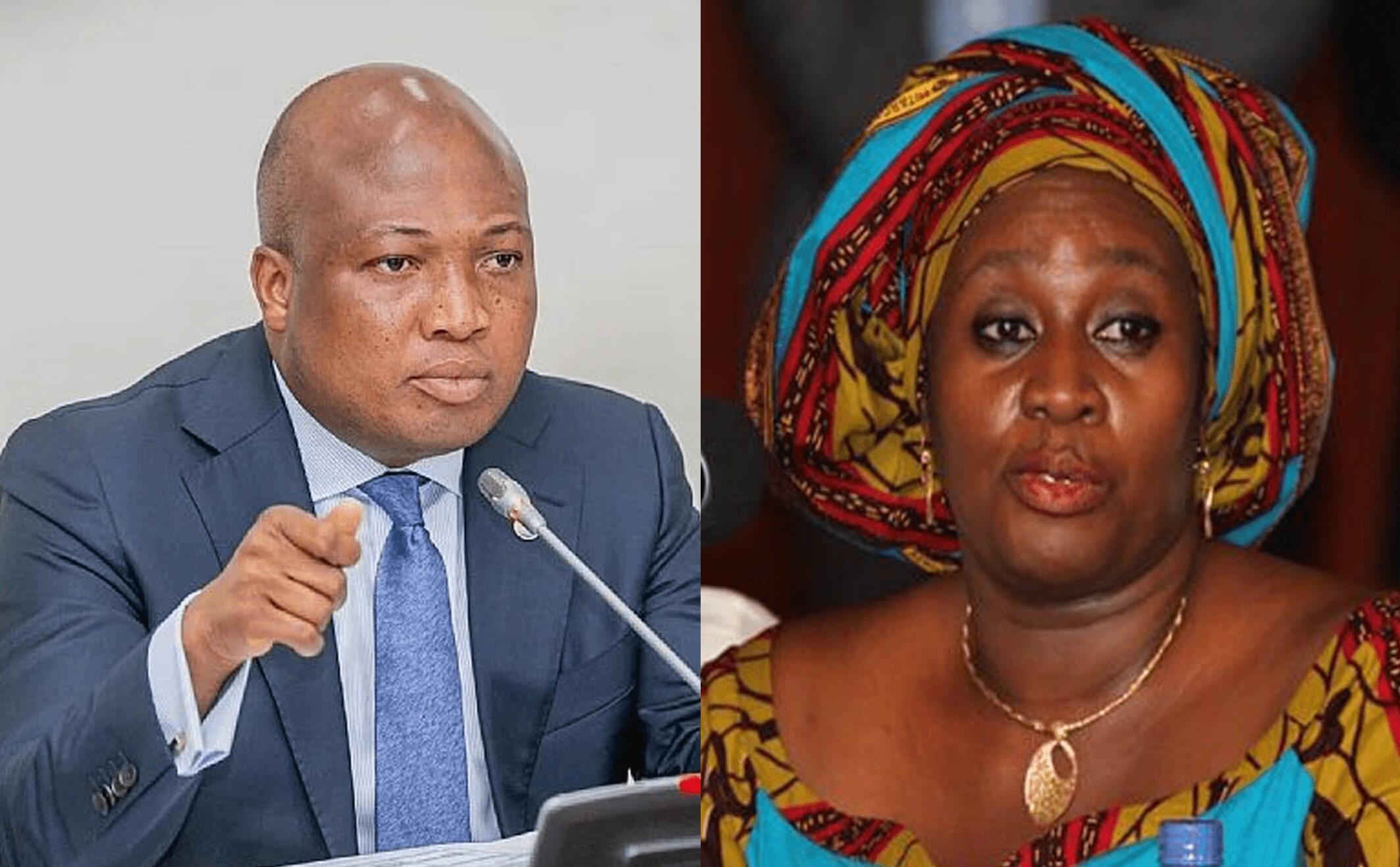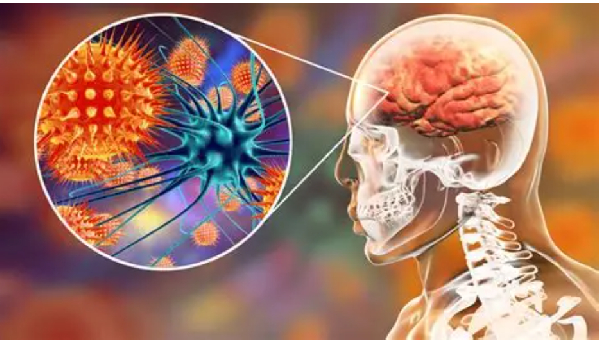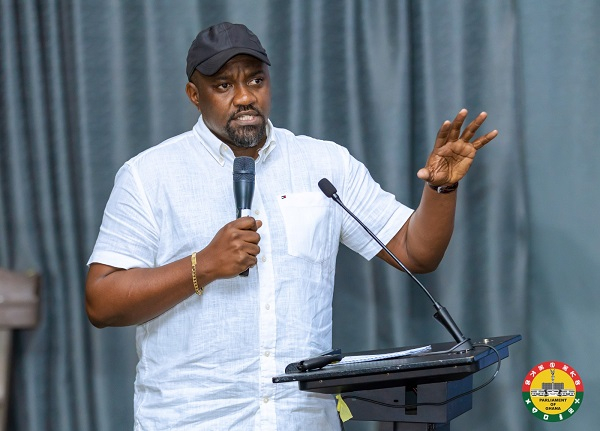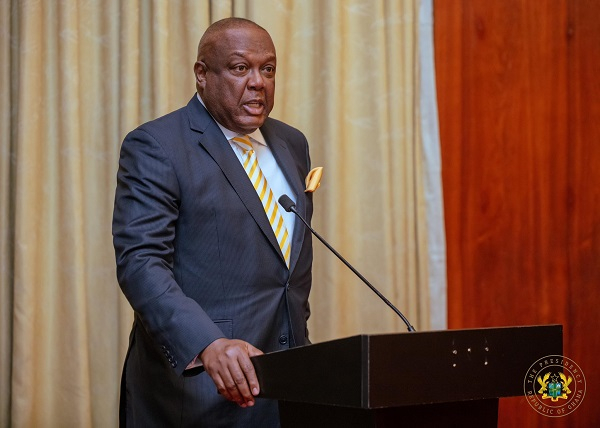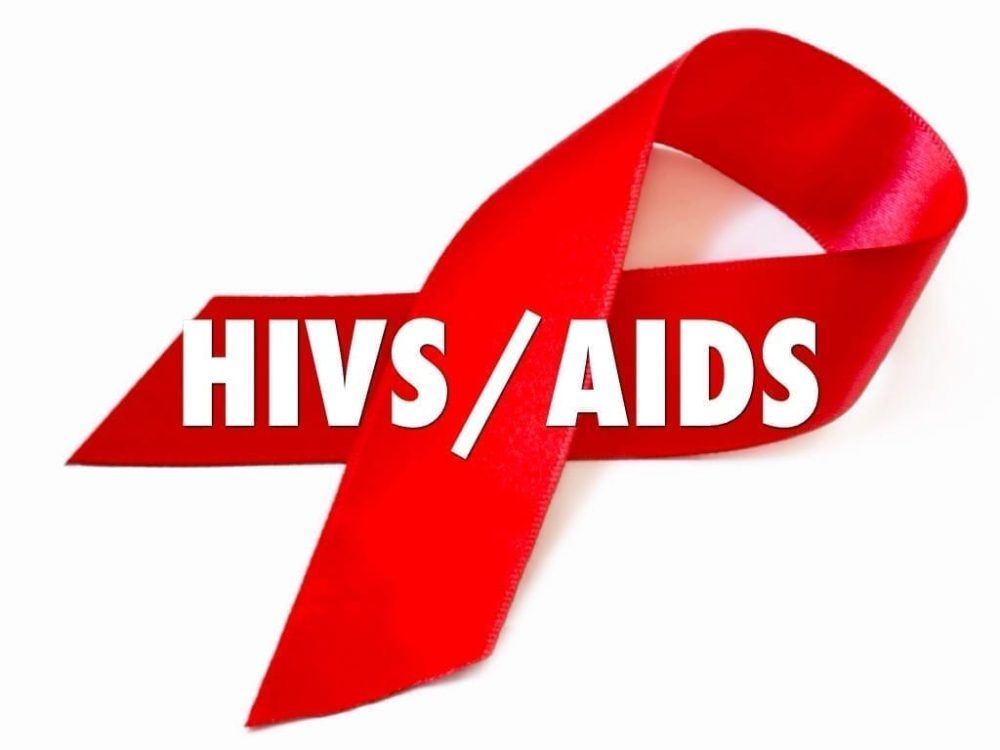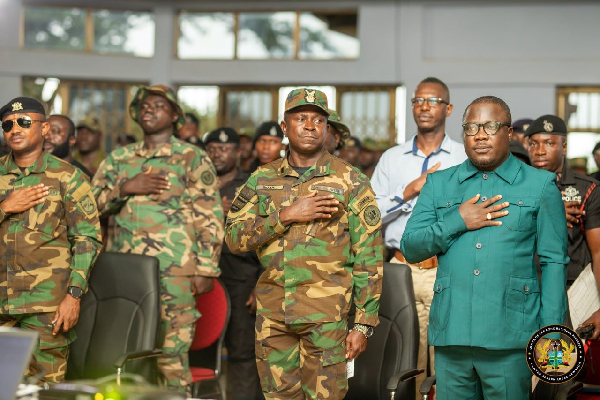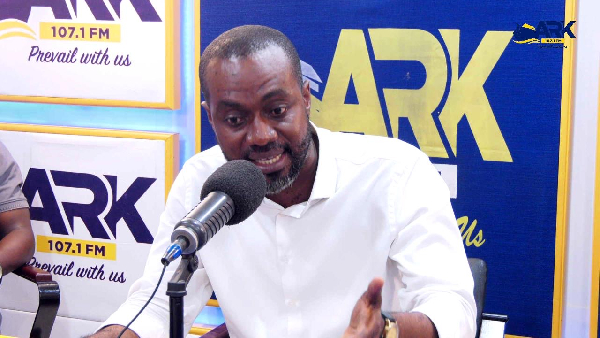Media sensitised ahead of HPV vaccination in Ghana, as health authorities and media representatives met to prepare for the introduction of the HPV vaccine into the routine immunisation programme in October 2025. The WHO Ghana and Ghana Health Service (GHS) conducted a special session aimed at journalists to ensure accurate, responsible reporting and to counter vaccine misinformation that has undermined public confidence in recent years.
The meeting emphasized that negative media coverage and rumors have delayed numerous vaccine efforts, putting many people at risk of preventable diseases. Dr. Fiona Braka, WHO Representative to Ghana, noted that journalists are indispensable partners in public health, able to build trust, correct misconceptions, and empower families to protect their daughters.
Dr. Selorm Kutsoati, EPI Manager at the GHS, reminded the attendees that the media’s reach will largely determine whether HPV vaccine uptake succeeds. He encouraged reporters to help parents understand the vaccine’s significance, safety profiles, and long-term benefits, including prevention of cervical cancer. Journalists were equipped with facts and updates that will enable them to dispel myths and report responsibly.
Afia Amakwah of Adom TV said the training gave her confidence to report on the vaccine without fear, stressing that media coverage can either build confidence or provoke fear. Similarly, Joshua Mensah from GHOne TV called for continuous collaboration, noting health communication must go beyond occasional sessions and become an ongoing partnership between media, health practitioners, and the community.
As Ghana prepares for the rollout, success will depend not only on healthcare workers delivering vaccines but also on how well the public is informed. With accurate reporting, strong media support, and community engagement, authorities believe the HPV vaccination programme can achieve high uptake and significantly reduce cervical cancer’s burden nationwide.
#VitusRewriteHubGTS


